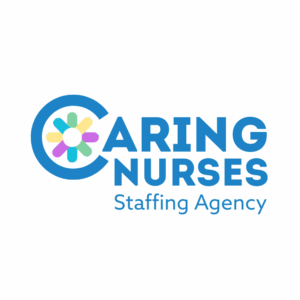As we go into 2024 there are changes on the horizon. I think we can all agree that Artificial Intelligence (AI) has the potential to significantly impact the nursing profession in various ways. And while much of the media attention surrounding AI tends to focus on the negative, there are some positives that could come from enhancing patient care, improving efficiency, and supporting healthcare professionals through AI.
- Clinical Decision Support:
- AI can provide nurses with real-time, evidence-based information to support clinical decision-making. This includes recommendations for treatment plans, medication dosage, and interventions based on patient data.
- Predictive Analytics:
- AI algorithms can analyze large datasets to identify patterns and trends, helping nurses predict potential health issues in patients. This enables proactive and preventive care, reducing hospital readmissions and improving overall patient outcomes.
- Remote Monitoring:
- AI-powered devices and sensors can facilitate remote monitoring of patients. Nurses can receive real-time data on vital signs and other health parameters, allowing for early detection of complications and timely interventions. This could be HUGE in both travel nursing and hospice care going forward.
- Workflow Optimization:
- AI can streamline administrative tasks, such as scheduling, billing, and record-keeping. This allows nurses to spend more time on direct patient care and less time on paperwork, ultimately improving overall workflow efficiency.
- Personalized Care Plans:
- AI can analyze patient data to create personalized care plans tailored to individual needs. This includes customized medication regimens, lifestyle recommendations, and rehabilitation plans.
- Robotics and Automation:
- Robots and automation can assist nurses with routine tasks, such as medication administration, specimen collection, and even patient transportation. This can help reduce the burden on nurses and minimize the risk of human errors and increase security.
- Health Monitoring Apps:
- AI-driven health apps can empower patients to actively participate in their healthcare. These apps can provide educational resources, track symptoms, and offer guidance on managing chronic conditions, with nurses monitoring and guiding patients remotely.
- Training and Simulation:
- AI can be utilized in nursing education through simulations and virtual reality. This allows nurses to practice and enhance their skills in a risk-free environment, improving their competence and confidence..
- Data Security and Privacy:
- As nurses handle sensitive patient information, AI can play a role in enhancing data security and ensuring compliance with privacy regulations. Advanced algorithms can help identify and prevent potential security breaches.
While AI holds great promise for transforming the nursing profession, it’s important to address challenges such as ethical considerations, data privacy concerns, and the need for ongoing training. The next generation of AI will bring big changes, starting in 2024.
